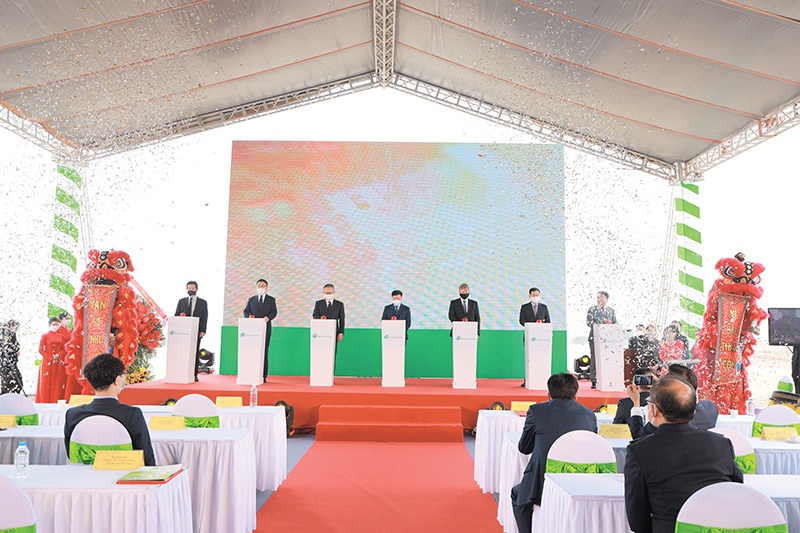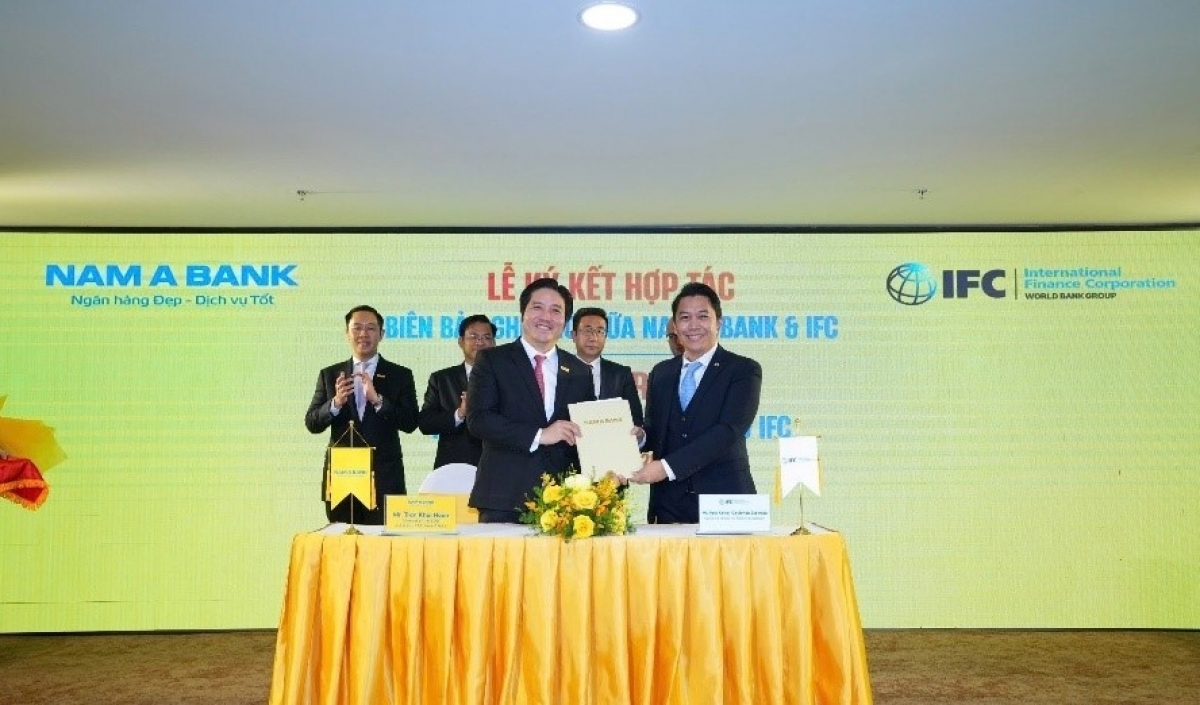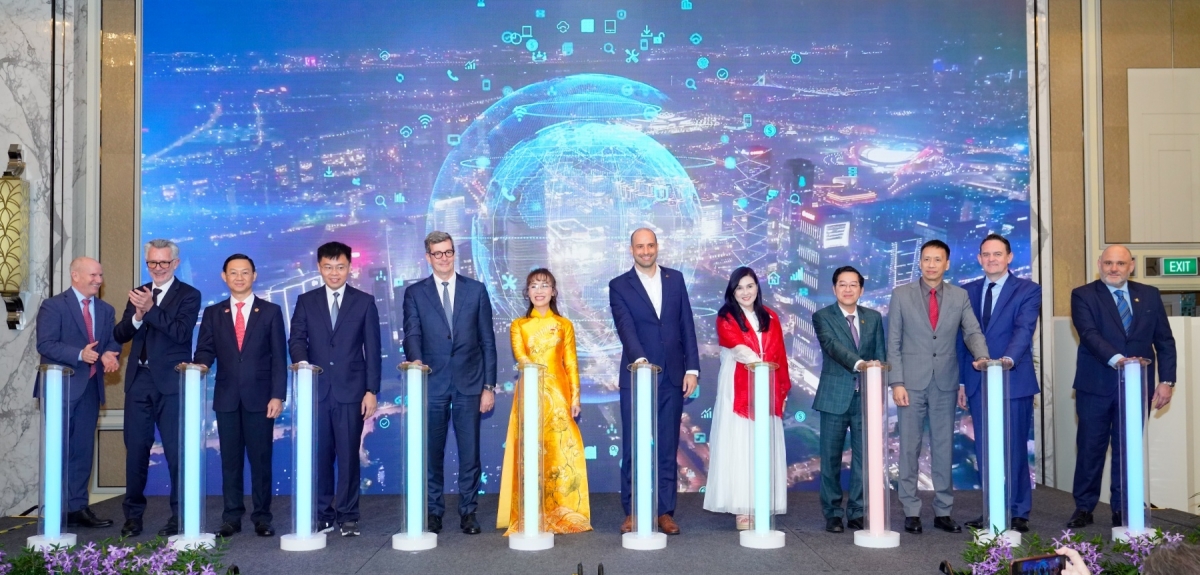INTERNATIONAL INVESTMENT
AND PORTAL
Japan-based JFE Engineering Corporation is participating in a large-scale waste-to-energy project in Vietnam, supporting the country’s efforts in reducing greenhouse gas emissions amid sustainable socioeconomic development.
 The waste-to-energy project for Bac Ninh province will become operational in 2024
The waste-to-energy project for Bac Ninh province will become operational in 2024
The construction of the waste-to-energy plant in the northern province of Bac Ninh is scheduled to begin in January, with completion expected in 2024. The facility will be operated by T&J Green Energy Co., Ltd., a company jointly invested by local Thuan Thanh Environment JSC and JFE Engineering Corporation.
Last week at the project’s launching ceremony, Japanese Ambassador to Vietnam Yamada Takio said that during Prime Minister Pham Minh Chinh’s recent visit to Japan, the two sides asserted public-private cooperation in many fields. Moreover, a joint plan of cooperation towards becoming carbon neutral by 2050 was agreed on in the presence of both prime ministers. “I am pleased that the kick-off ceremony was held within the framework of the second Japan-Vietnam Environmental Week and witnessed by the Japanese Ministry of Environment and its Vietnamese counterpart. I think this is an exemplary typical project for the friendship between Japan and Vietnam,” Ambassador Takio said.
JFE Engineering Corporation will oversee the design and construction for the plant, while Thuan Thanh will handle obtaining permits and licences, securing land for the plant, and collecting, transporting, and disposing waste. The plant will incinerate around 500 tonnes of municipal and industrial solid waste per day, with a power output of 11.6MW and an expected annual waste treatment and greenhouse gas (GHG) reduction. This scheme enables proper waste treatment and the supply of electricity without the use of fossil fuels.
The facility will also help reduce methane emissions from landfill sites and other GHGs by replacing grid electricity from other sources. The electricity generated will be sold to the grid following the feed-in tariff system. While Vietnam is now undergoing rapid urbanisation, the improvement of wastewater treatment facilities has become an urgent issue to provide solutions to the growing water pollution by domestic sewages.
Hajime Oshita, president and CEO of JFE Engineering Corporation, said, “This is an important project for us. Through this, JFE Engineering Corporation will keep striving to offer Japanese technologies and know-how, contributing to the improvement of the living environment in Vietnam by further strengthening cooperation with local companies.”
The venture is financially supported by the Japanese government, a loan from the International Finance Corporation (IFC) of the World Bank Group, and the Finland-IFC Blended Finance for Climate programme. The financing was achieved under the expectation of the project’s proper waste disposal and the potential to reduce GHG emissions by approximately 600,000 tonnes over 15 years.
Japan has been implementing a similar project under the Joint Crediting Mechanism (JCM), providing financial support that covered up to half of the initial investment costs. The purpose of the model is to financially support the implementation of projects which reduce GHG emissions by utilising leading decarbonising technologies in developing countries, and in return, to acquire JCM credits for Japan’s emissions reduction.
Thuan Thanh is a major recycling firm in Vietnam developing various recycling businesses, including waste incineration. The project was realised by taking advantage of the strengths of both companies, including Thuan Thanh’s experience and sales capabilities and JFE Engineering Corporation’s extensive experience constructing and operating waste-to-energy plants. Both companies aim to launch similar projects on an ongoing basis.
By Nguyen Thu



















